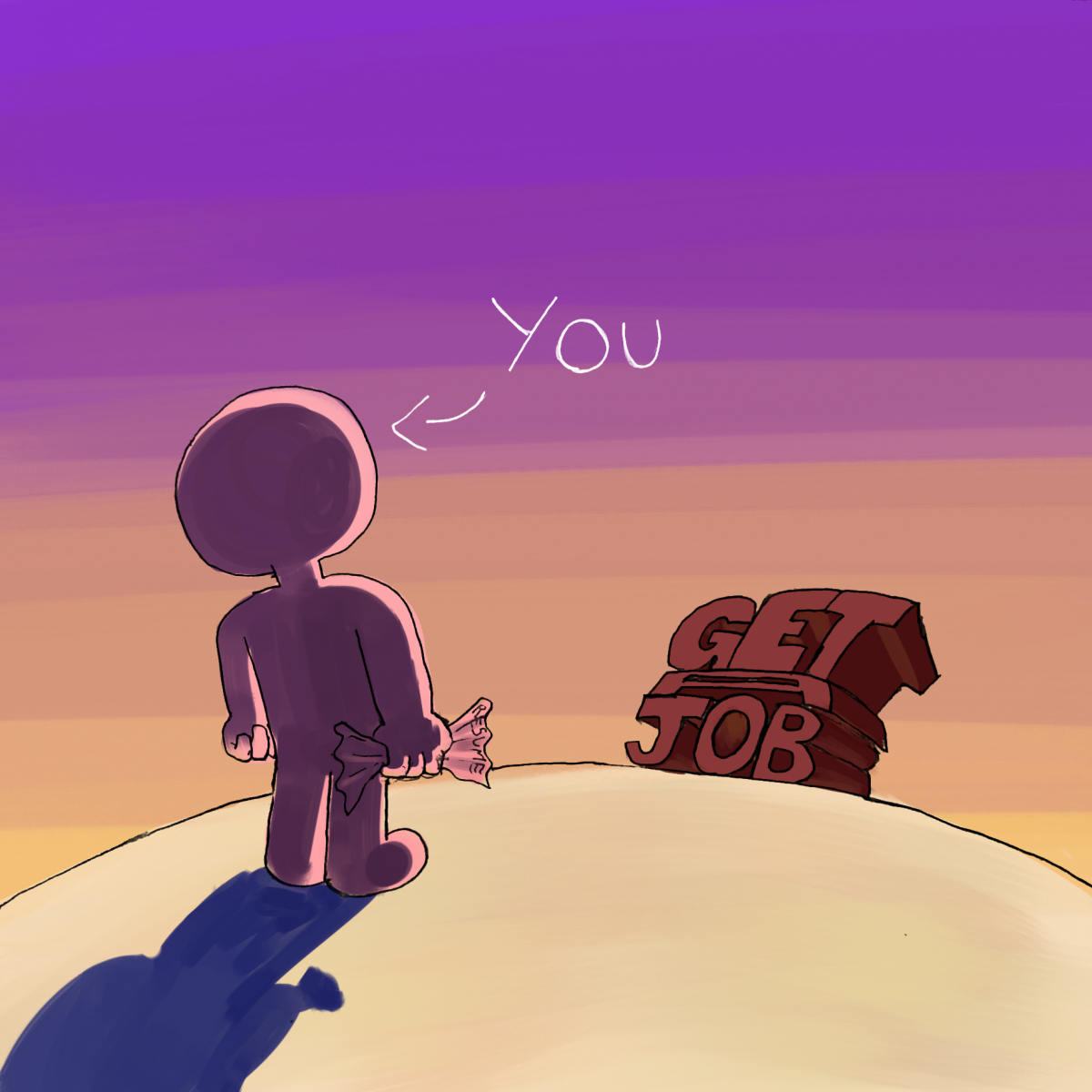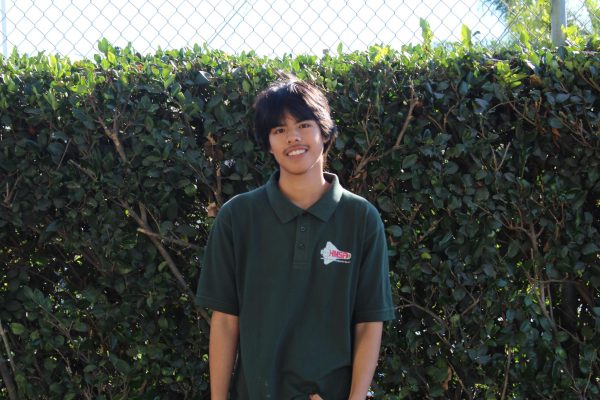As the 2025 school year comes to a close, HMSA’s senior Aviators prepare their lift off into college. Hawthorne Math & Science Academy is different from other schools in that the graduation requirements aid seniors when transitioning from highschool into college (for example, HMSA requires four years of math and science instead of the state-required 2). To gauge how well our present and past Aviators flew into college, I proposed three basic questions:
- What colleges have you applied to, and which of them accepted you?
- What college will you commit to?
- What was your financial aid like?
- What advice would you give to maximize future Aviators’ college acceptance?
Because most respondents requested to be anonymous, I changed their names.
A common theme amongst all respondents was the use of a “shotgun” method when applying for colleges, meaning apply for “every UC and Cal State,” as Matt put it. Matt was accepted to UCI, UCM, UCR, and SMC—which they committed to (although they later transferred into UCLA from SMC). When asked how good their financial aid was, Matt simply replied with “no”; however, they said it was irrelevant to them because their mom made “well more than enough money to support them through college.” Suzie applied to CSU, UCLA, CSUDH, and UCI, committing to CSUDH with “efficient financial aid.” Phoebe also reflects this shotgun-method approach. They applied Emerson, Hampshire College, Simmons University, Suffolk University, Wheaton College, Sonoma State University, University of La Verne, University of San Francisco, UC Fullerton, and UC Santa Cruz. They committed to Hampshire College with “substantial financial aid.” Sally applied to CSUDH, St John’s University, UCM, and Penn State—amongst “a bunch of other schools.” They committed to UCM. Brian does not mirror this spread of applications—they only applied to four CSUs. Their CSU choices were CSUS, CSUDH, SJSU, and CSU of Stanislaus, and they opted for community college due to affordability and convenience. Beginning your application process early is encouraged by Phoebe and Sally, while emphasizing extracurriculars is encouraged by Sally, Phoebe, & Brian, who all agree: ”lock in early.”
The respondents also offered more specific pieces of advice. For example, Suzie and Mat suggested “not applying for the same major” in order to “not put all your eggs in one basket.” Both respondents encouraged having a “backup major,” especially for “impacted majors”—basically majors that are highly competitive. Matt also reminds us that in some cases, you can change your major during college. Matt’s college path is inspiring because they transferred from SMC to UCLA—ranked #15 in our nation. The applicant bolstered their pathway to UCLA via a “Scholars Program.” They took this program during their years in SMC which guaranteed admission to UCI and UCSD. Matt recommends Scholars Programs for competitive majors. Phoebe also recommends being “personable and honest” when writing essays: “People often think about how to exaggerate their application—which is important—but it is much easier to convey authenticity when your claims are true to yourself.” Finally, Sally adds, it is “pointless to be an all-rounder—know how to elaborate on the impact you had at your high school.” Interestingly, the trend of being a “well-rounded applicant” is fizzling out amongst Ivy League Schools—now they are in search of “stand-out student.” The Ivy Coach Newsletter asserts that elite colleges searching for “well-rounded” students is a “pervasive myth”; elite colleges are not assured that “well-rounded [applicants]” will “know what they want out of their undergraduate education,” which is a risk these colleges cannot take.
My personal advice would be to start early. With the accessibility of AI, research for proximal programs is easier than ever. Try to gauge what you want to major in. The media has kind of persuaded students into thinking that learning is boring, but the truth is humans are naturally curious creatures. We all leisurely learn whether we are aware of it or not. For me, I always took interest in space videos on Youtube and biology, and I used this interest to develop my program and AP choices. Knowing your major allows you to be that “stand-out” student colleges are beginning to look for; specializing in one educational pursuit will help you feel more sure of your major and organization. It also looks better on an application.
Applying early, maximizing extracurriculars, and diversifying application majors seem to be a common trend with our Aviators. Some respondents also accentuated the impact that programs can have. The shift from college to high school seemed to be alleviating for most that I interviewed, as they could finally focus on the things they enjoyed. Good luck to our seniors and their transition. Hopefully, we can learn something from them as we inch closer to stepping in their shoes.



